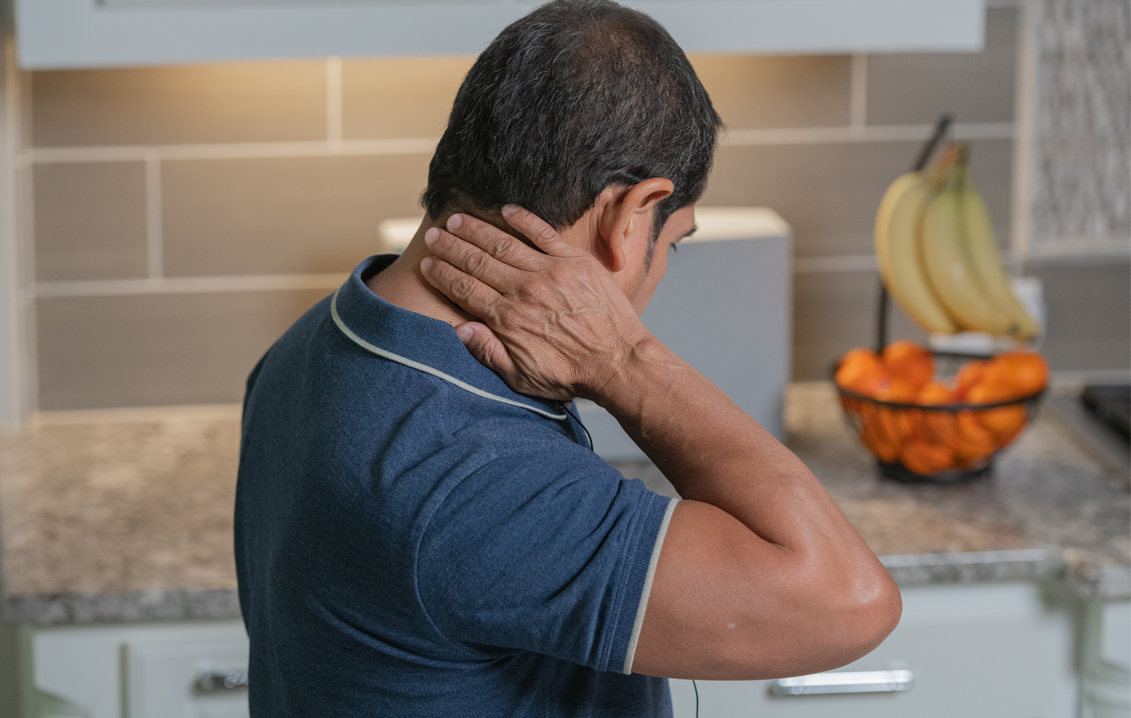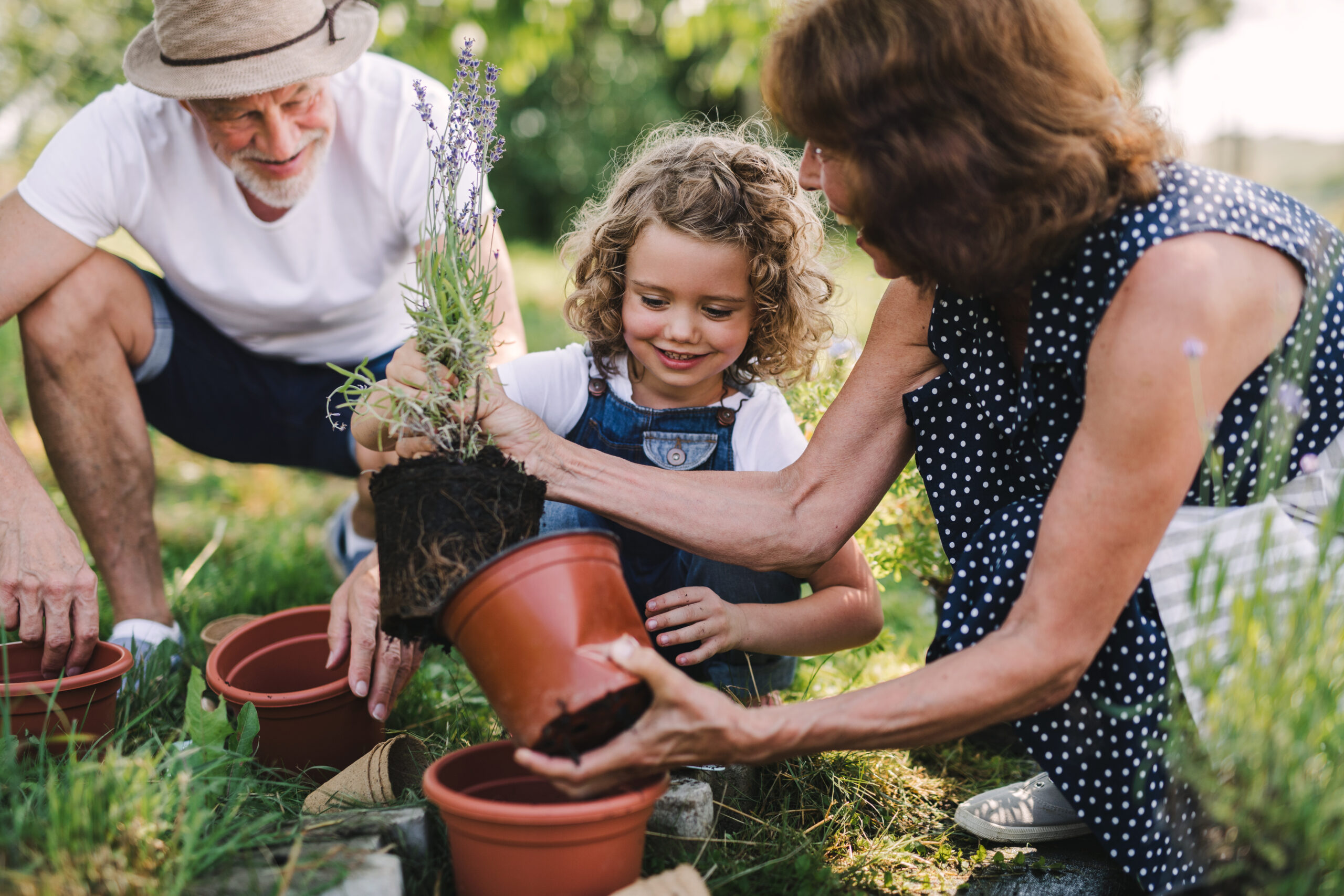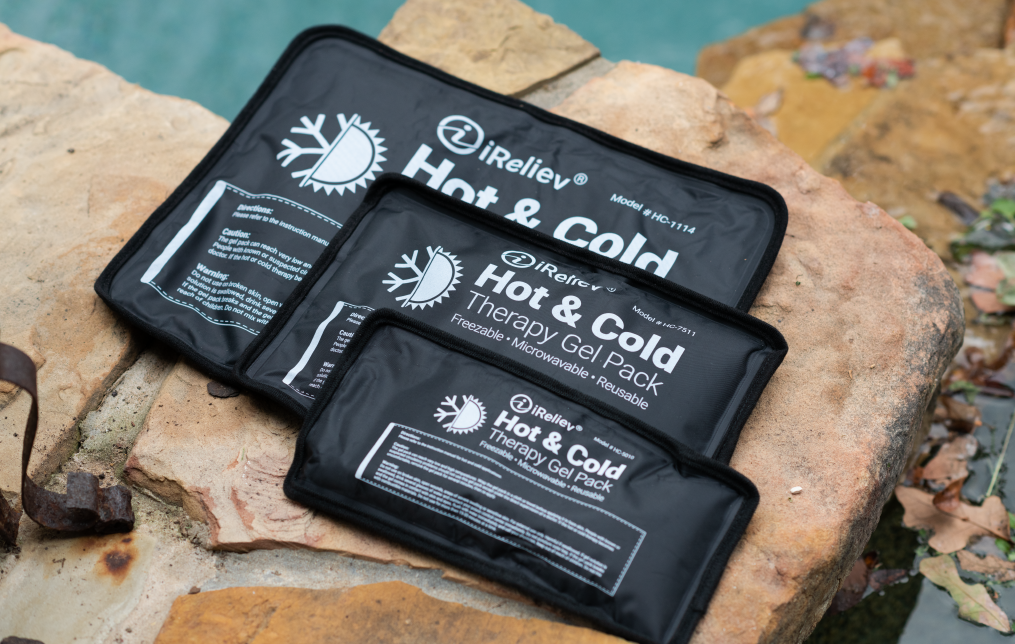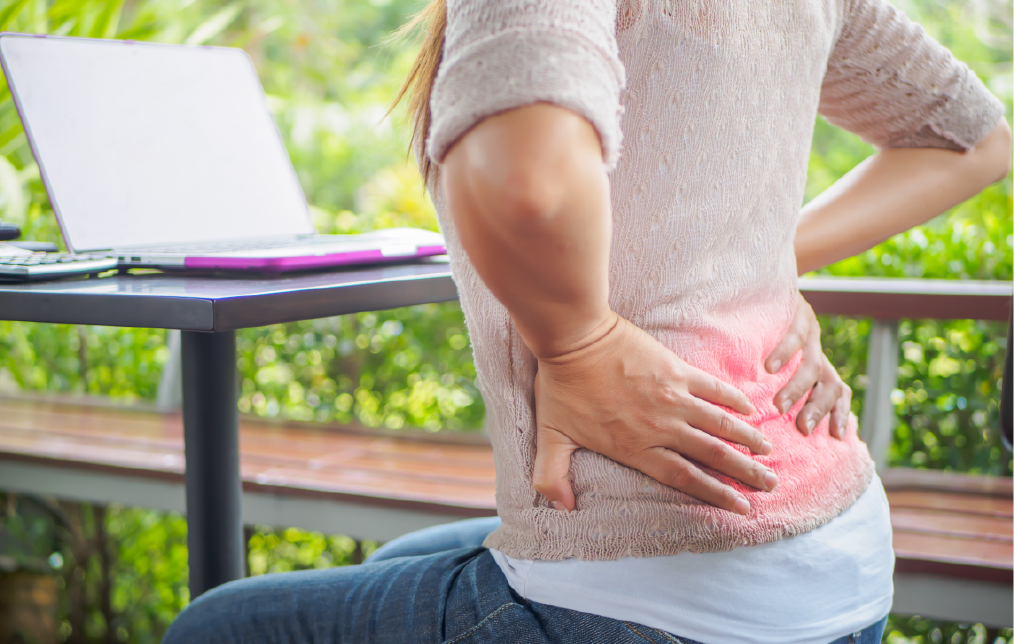In 2001, the American Chronic Pain Association established September as Pain Awareness Month as a way to recognize the millions of people who suffer each day. Chronic pain affects more than 50 million adults in the U.S., according to the 2019 National Health Interview Survey (NHIS) by the Centers for Disease Control and Prevention (CDC).
Whether you have back pain, arthritis, migraines, or other types of pain, you know how much it impacts your daily living. Getting dressed or making a trip to the grocery store can easily become a burden.
Opioid crisis
Too often, doctors prescribe opioids for relief. But these types of medications come with side effects and may lead to addiction, misuse, or death. While pain relief medication is sometimes necessary, it should be used with caution.
Let’s take a look at some startling 2019 data:
- U.S. pharmacies dispensed more than 153 million opioid prescriptions at a rate of 46.7 per 100 people, according to the CDC.
- An average of 38 deaths per day involved prescription opioids.
- 10.1 million people misused prescriptions opioids, according to the U.S. Department of Health and Human Services.
- 1.6 million people misused prescription pain medication for the first time.
Safer relief
Natural or alternative solutions can not only provide effective pain relief but can also improve your mental health. Plus, you won’t have to worry about dangerous side effects allowing you to spend more time on the things you enjoy.
Here are some options to consider:
- Physical therapy helps improve mobility, movement and reduces the pain caused by injury or surgery.
- Massage therapy improves movement, as well as reduces pain, tension, and stress.
- TENS devices deliver tiny electrical impulses that block pain signals and raise endorphin levels.
- Meditation shifts your focus on calming thoughts, reducing the release of stress hormones that increase inflammation and pain.
- Journaling shifts your attention to increase mindfulness. Over time, it can help reduce your pain perception.
- Talk therapy can help you learn coping skills and decrease depression.
Consistency is key
It’s important to remember that finding a natural pain solution may take some patience. Our bodies are all different, and what works well for some may not work for you. But don’t give up. Keep trying and when you do find the relief you deserve, stick with it for the best results.

















